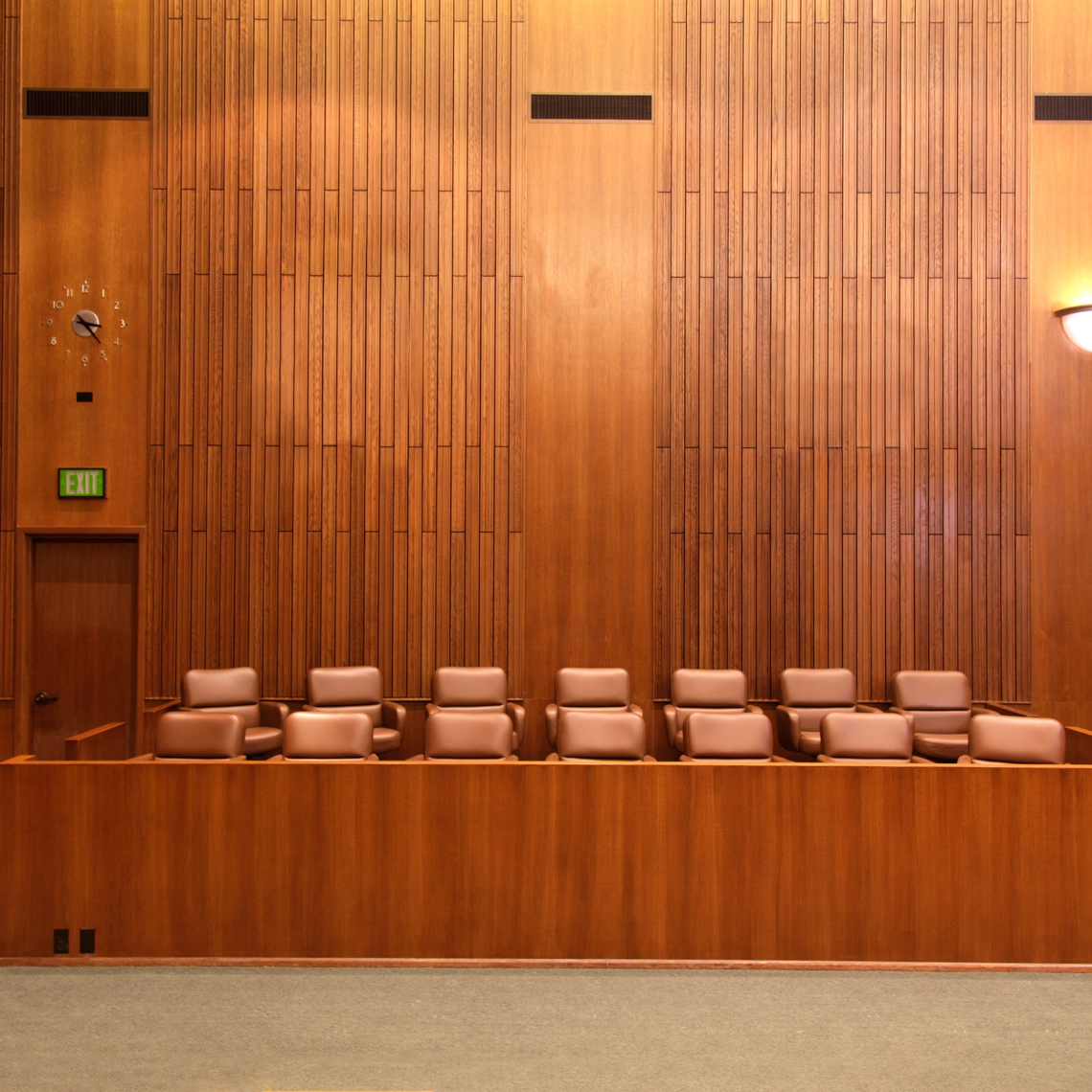Article
Our Approach to Disclosure of Medical Error and Compensation

When clinicians are faced with the disclosure of medical error, CRICO’s goal is to help them maintain trust and support their patients. CRICO urges clinicians to undertake these uncomfortable conversations not simply to avoid lawsuits, but because it is the right thing to do. To date, CRICO has been able to resolve every claim presented after disclosure and apology without protracted litigation, although we sometimes have to pay a premium on the fair indemnity amount to do so. In fact, many of these situations are handled without court involvement.
The length of time required to determine causation related to medical error varies greatly. The process of evaluating all contributing factors can result in a protracted discovery period needed to establish whether negligence was a factor, or if the standard of care was met. Sometimes, obvious instances of negligence can be identified (e.g., wrong site surgery or wrong patient). In such cases, immediate payment will be made. For cases that take longer to determine, once negligence or causation has been established, we will offer compensation. In all cases regardless of outcome, CRICO provides support to insured clinicians from the time we are informed of an adverse event.
CRICO takes the position that the best approach to compensation following disclosure of a medical error is one that respects the need of patients to be self-directed and move at their own pace. During this time, claim managers will collaborate with institutional risk managers to respond to these situations and will be responsible for all discussions of financial compensation. No physician should have to engage in financial negotiations with his or her patient. Not only is it terribly awkward, but physicians have no frame of reference for what is fair and just compensation in any particular circumstance. Similarly, we encourage patients to consult legal counsel before accepting a settlement of their claim.
CRICO has partnered with the Institute for Professionalism & Ethical Practice to compile a list of Guidelines for Disclosure physicians can reference following an Adverse Event.
CRICO support staff and your institutional risk managers are available as needed to provide any additional clarification or answer any questions you may have. Our interest is in protecting your needs as well as assisting you in the delivery of the safest care possible to your patients.
This page is an excerpt of a full issue of Insight.
CME: The Massachusetts Board of Registration in Medicine has endorsed each complete issue of Insights or 30-minutes of podcast episodes as suitable for 0.5 hours of Risk Management Category 1 Study in Massachusetts. You should keep track of these credits the same way you track your Category 2 credits.Related Articles
Physicians Needed to Serve on Virtual Medical Malpractice Tribunals


